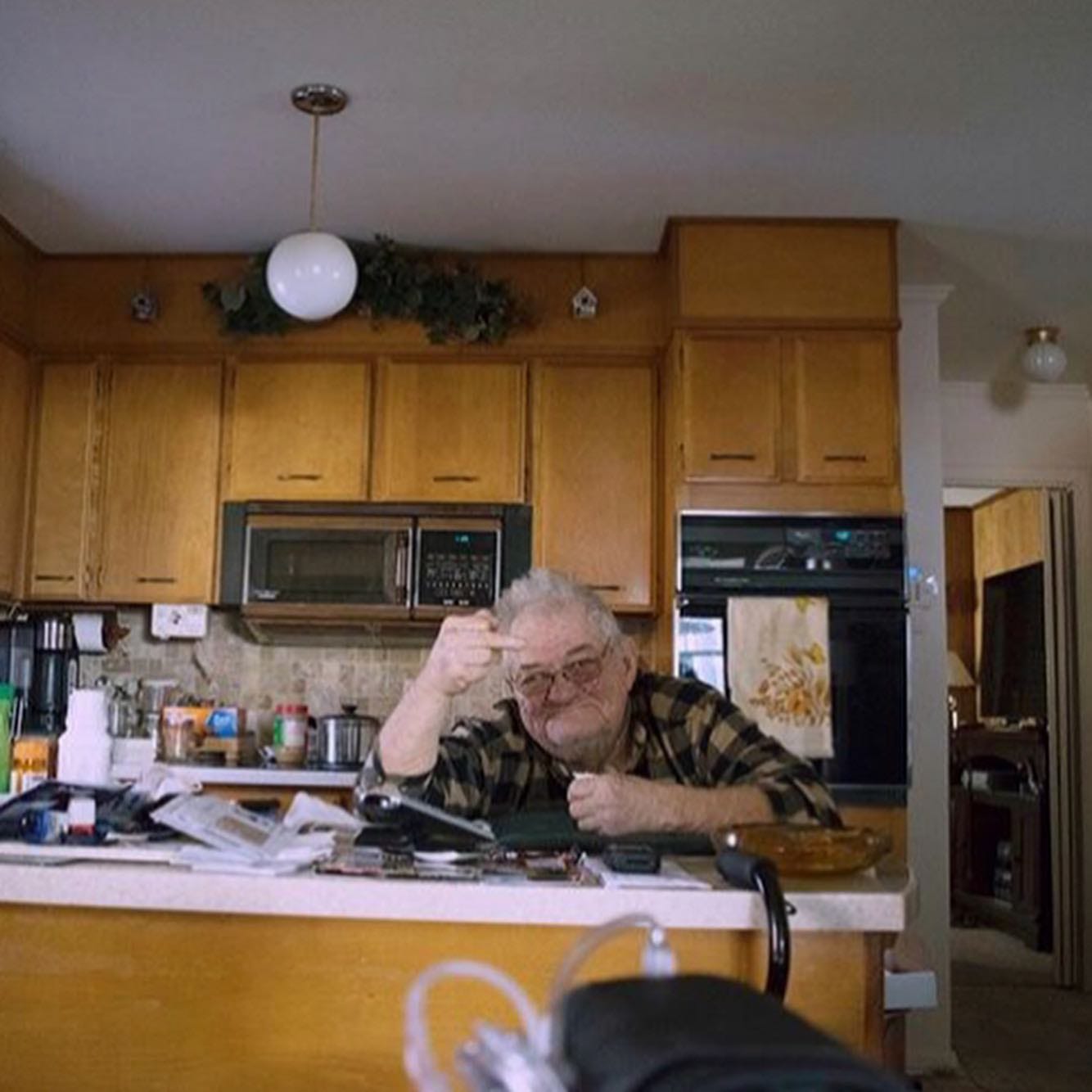Welcome to Human Pursuits, the column that features need-to-know names and stories in media and other creative spaces. Today, an outtake from my conversation with Colin Miller – and an afterthought on Poets Square.
Read part one of our conversation HERE.
Outtake
ES: Why was it important for you to write this album, and remember Gary this way?
CM: It was such an intense part of my life. It turned a page, him not being around. It also meant my landlord was dead, and I was probably going to have to move. The house and the place meant so much to me, and I knew I was going to have to leave. It was a horrifying thought. I didn’t want it to happen. I wrote these songs as a way to preserve all those feelings and process everything. The feeling of not wanting to leave, but having to.
ES: Are you someone who generally struggles with loss?
CM: Generally, I’m someone who has a hard time sitting with loss. I do whatever I can to fix it or make it better. Alleviate it. I knew the property had to be sold en masse, and that it would probably cost 5 million dollars, so I started playing the lottery. I played twice a week and got scratch-offs and Powerball tickets. I was shooting for the moon just to see if I could preserve this place. I didn’t even want to win, but it felt like the only thing I could do.
ES: My wife and I play the lottery pretty often. It feels like we need millions of dollars to accomplish everything we hope to accomplish. Laughs.
CM: The ironic thing is that winning the lottery is kind of a brutal thing to happen to you. It’d be great, but there are so many stories of people who win the lottery and then wouldn’t wish it on their worst enemy.
Money is such a brutal thing when it’s thrown into your life in an unnatural way like that. I can bring intense things out of people. I thought about that a lot. I want to do one thing with this money, but if I did, it would be a huge part of my life that would be very negative, and that I don’t want.
It was a half-baked idea, but it was the only thing I could try. I didn’t have enough time to start a different venture that would make me money.
ES: And it’s also a question of “How desperate are you?” If you’re willing to do anything to make the money you need, maybe you have a bigger problem. Playing the Powerball might be half-baked, but it’s arguably better than, I dunno, starting a drop-shipping company to try and make a few million dollars overnight. You know you’re playing against astronomical odds, but you’re trying something, and it doesn’t really hurt anyone except maybe you.
CM: Right, and I’m not as smart as [Breaking Bad character] Walter White.
ES: Yeah, you aren’t selling meth. Points for that.
Afterthought
Who would we be if there were enough food, shelter, and medicine to go around? If our basic needs were not only met but exceeded? What can society accomplish if its citizens are no longer struggling to survive?
Precarity and the potentially disastrous outcomes it holds for both humans and animals are central themes of Poets Square: A Memoir In Thirty Cats, which I read this week, and would give five stars on Goodreads if I had an account. I’ve been a fan of author Courtney Gustafson’s popular TikTok account (@poetssquarecats) for years, and expected the book to expand on stories that I already knew. The “I’d find you in any lifetime” romance of Sad Boy and Lola, the villainous exploits of Trader Joe, the against-all-odds triumph of Courtney crowdfunding enough money to buy the house she was renting, enabling her to permanently care for the colony.
Instead, Poets Square takes the Courtneys’ unique situation — inheriting and subsequently documenting a feral cat colony, becoming a popular cat rescuer in the process — and broadens it, exploring the antecedent action that leads to feral colonies, hoarding, and other rescue scenarios. In pretty much all cases, the problem stems back to capitalism, as a perpetual lack of resources leaves communities unable to care for themselves or other living things. Impoverished people, for example, cannot be expected to trap-neuter-return cats when they don’t know where their next meal is coming from, or where they’re going to sleep. The book makes it clear: their suffering is bonded. You cannot help one group without helping the other.
I had hoped to interview Courtney to promote the book, but so far, nothing is scheduled. Part of me now thinks that’s for the best. I always have to ask myself what Human Pursuits can add to the conversation – what new perspective, colour, or texture can I add to the guests’ character portrait? Poets Square tells the story perfectly.
Within that perfection, though, is a lot of pain. Courtney details the toll rescuing has on the rescuers. It reminded me of my conversation with Chris Gutierrez earlier this year. “A lot of people assume working with cats is amazing, and I have to tell them it’s more heartbreaking than anything,” he said.
I had wondered whether Courtney feels the same. Reading Poets Square, though, leaves little to the imagination.
It’s a losing game.
Like Colin, she plays knowing the odds are terrible. She shoots for the moon, hoping to maybe end up among the stars.
You can’t save every cat. You can’t go home again. But you can try.
After all, what the hell else are we supposed to do.






